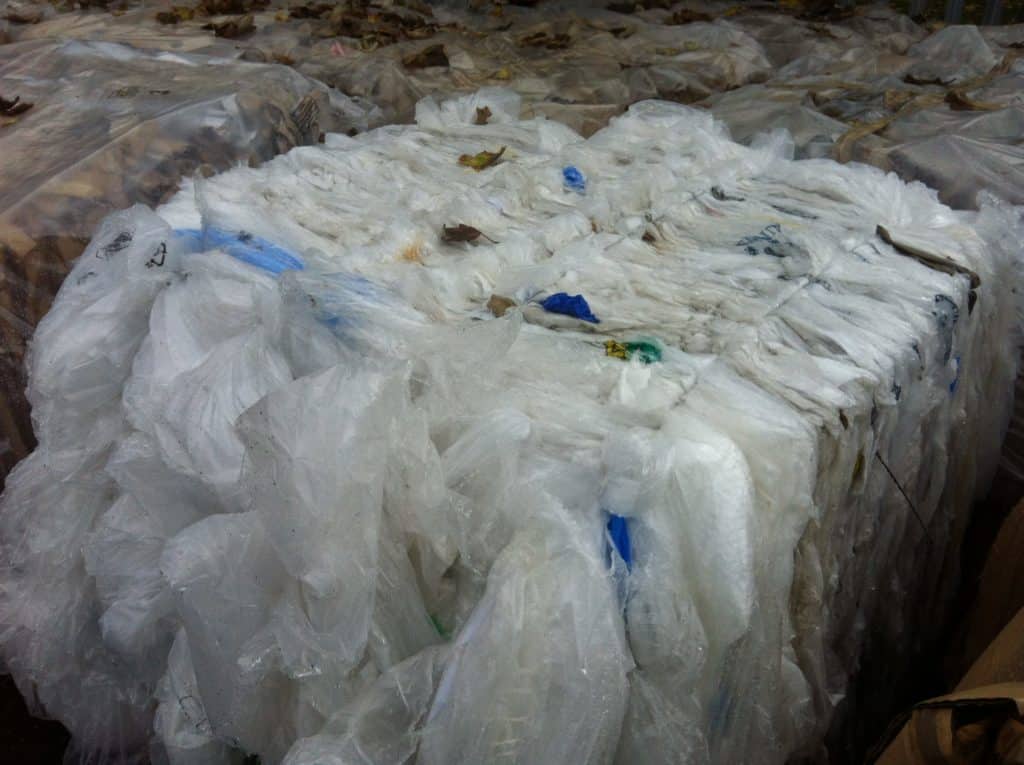How LDPE Recycling is Shaping Sustainable Packaging
How LDPE Recycling is Shaping Sustainable Packaging
Blog Article
Low-Density Polyethylene (LDPE) is a commonly used plastic known for its elasticity and strength. It can be found in a variety of items, such as plastic bags, film wrap, and some packaging materials. Despite its wide-spread use, LDPE contributes significantly to environmental challenges, including pollution and depletion of resources. LDPE Recyclingplays a crucial role in reducing the environmental impact, and provides both ecological and economic benefits. Understanding the ways in which LDPE Recycling helps reduce environmental damage can highlight the importance of supporting and improving the recycling process.

1. Reducing Plastic Waste
One of the primary environmental advantages that comes from recycling LDPE is its effect in reducing plastic waste. LDPE is notoriously difficult to break down, leading to a long-lasting smog in landfills and in natural ecosystems. When LDPE is recycled it is diverted from landfills and burned which reduces the amount of waste that contributes to environmental degradation. Recycling can help reduce the amount of LDPE in landfills. This does more than just conserve landfill space but also lowers the risk of plastic pollution.
2. Alleviating Ocean Pollution
Ocean pollution is a critical issue, with plastics like LDPE often end up in marine ecosystems. LDPE's lightweight nature makes it prone to becoming airborne and eventually finding its way into water bodies. When we recycle LDPE can reduce the chance of this substance getting into the ocean. Proper recycling channels ensure that LDPE trash is appropriately managed to prevent it from forming microplastics that could harm marine life and disturb ecosystems.
3. Conserving Resources
The creation of new LDPE will require significant resources, including oil and gas, as well as electricity. Recycling LDPE helps to conserve these resources by reprocessing old materials instead of creating new plastic using raw materials. This process reduces the demand for virgin resources, which helps to preserve natural habitats and reduce the environmental impact associated with extraction and processing of resources. By utilizing recycled LDPE, we contribute towards a sustainable use of resources.
4. Lowering Greenhouse Gas Emissions
Recycling LDPE generally requires less energy compared to producing new LDPE using raw materials. Lower energy consumption translates into lower greenhouse gas emissions which are a major contributor in the climate's change. In assisting LDPE recycling, we can help decrease the carbon footprint associated with plastic production and aid in efforts to fight global warming.
5. Promoting Circular Economy
Recycling LDPE is a key element in a circular economy, where materials are reused continuously and recycled, instead of being destroyed. In a circular economy, recycled LDPE is processed into new products, closing the loop of plastic consumption and decreasing the amount of waste. This strategy promotes sustainable development through keeping LDPE in circulation and minimizing the necessity for new plastic production. It also encourages responsible consumption and methods of managing waste.
6. Stimulating Technological Innovation
The increasing emphasis placed on LDPE recycling is driving the development of recycling technology and methods. Advances in sorting, cleaning and reprocessing technology increase the efficiency and effectiveness in LDPE recycling. These innovations help increase the quality of recycled LDPE making it a more viable material for new products as well as enhancing the overall environmental sustainability of plastic usage.

In the end, LDPE recycling plays a important contribution to reducing environmental impacts by reducing plastic waste, alleviating ocean pollution, conserving resources and lowering greenhouse gas emissions. It promotes the ideals of a circular economic system and stimulates technological advancements that enhance recycling processes. In focusing on LDPE recycling, we take meaningful steps toward an environmentally sustainable and sustainable future. Report this page